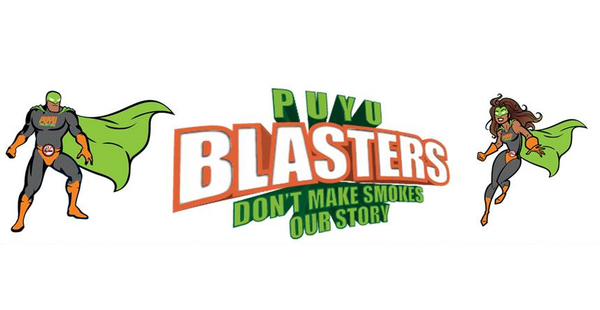Our Programs


The Tackling Indigenous Smoking (TIS) regional tobacco control grants aim to improve the wellbeing of Aboriginal and Torres Strait Islander people through population health promotion activities to reduce the prevalence of tobacco use.
What is the issue?
Cigarette smoking has long been recognised as the largest modifiable risk factor affecting the health of Aboriginal and Torres Strait Islander people. However, the latest research shows that the health effects of smoking amongst Aboriginal and Torres Strait Islander people were previously underestimated, and that smoking causes half (50%) of deaths in Aboriginal and Torres Strait Islander adults aged 45 years or older, and over one-third (37%) of all deaths1.
Despite these figures, the TIS program is operating in a positive context with a significant opportunity to improve Aboriginal and Torres Strait Islander health outcomes. Smoking rates are falling, and a recent key paper shows that there are almost 50,000 fewer Aboriginal and Torres Strait Islander adults who smoke daily today than there would have been if smoking prevalence had remained at 2004/05 levels2. This article also found that:
- Most Aboriginal and Torres Strait Islander adults (6 out of every 10) do not smoke
- Aboriginal and Torres Strait Islander adults who smoke daily has dropped from 50% in 2004/05 to 40% in 2018/19 - a 10% absolute decrease in smoking over 15 years;
- smoking rates went down by 12% for Aboriginal and Torres Strait Islander adults living in urban/regional areas decreased by 12% (from 49% to 37%) over this period; however, there was no change in smoking rates in remote areas where just over one in two people smoke daily.
The TIS program is critically important in continuing and accelerating these trends - closing the gap in health outcomes between Aboriginal and Torres Strait Islander people and non-Indigenous Australians.
How the TIS team works to improve the issue
The Aboriginal Health Council of South Australia (AHCSA) is one of the 37 organisations funded as part of the Tackling Indigenous Smoking (TIS) Regional Tobacco Control Grants (RTCG) program. AHCSA is responsible for delivering the activities in the following regions:
| Region | Postcodes | Communities |
|---|---|---|
| Ceduna and surrounding region | 5690 | Includes communities at Koonibba, Yalata, Oak Valley and Maralinga and far west Eyre Peninsula communities |
| Coober Pedy and surrounding region | 5723,5734,5733, 5731 | Includes communities at Nepabunna, Marree, Copley and Oodnadatta |
| Murray Bridge and surrounding region | 5253, 5264, 5211, 5214 | Includes, Murray Bridge, Coorong, Raukkan, Meningie, Lower Fleurieu Peninsula (Victor Harbor and Goolwa) |
| Port Lincoln and surrounding region | 5607 | Includes communities in mid-west and eastern Eyre Peninsula |
| Riverland and surrounding region | 5343,5345, 5341 | Includes Gerard, Barmera, Renmark and Berri |
| Whyalla and surrounding region | 5701, 5540, 5434 | Includes communities at Port Augusta, Port Pirie and Flinders Ranges |
| Yorke Peninsula | 5573 | Includes communities at Point Pearce and Port Victoria |
| Gawler and Mid North | 5118 and 5372 | Gawler |

